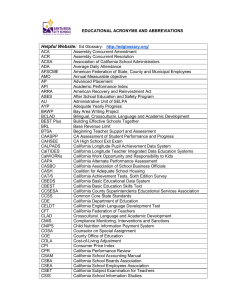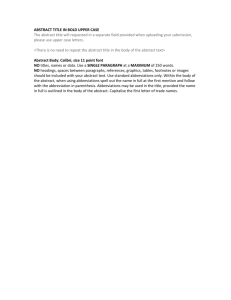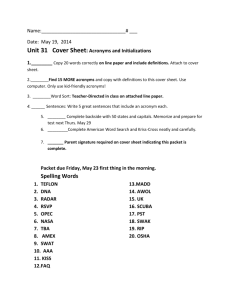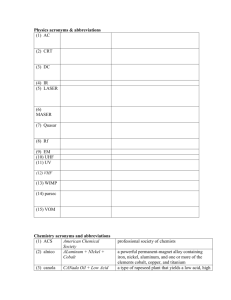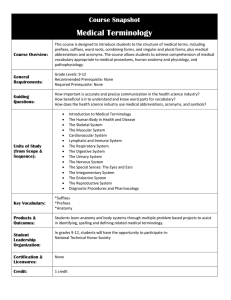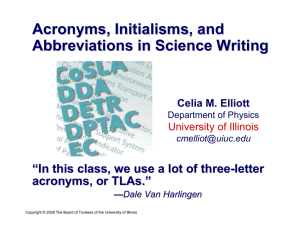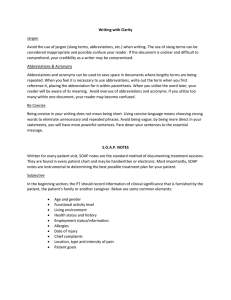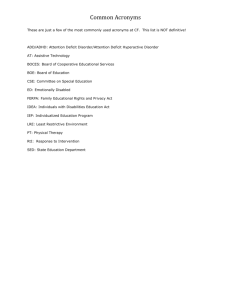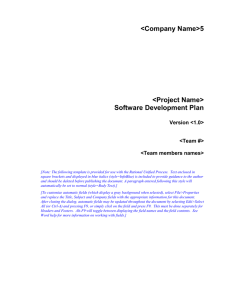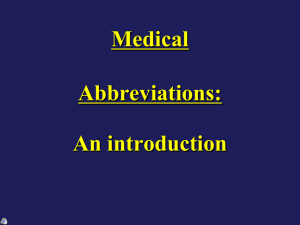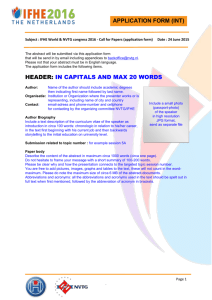Кребс А., Якимович О. THE INFLUENCE OF MODERN
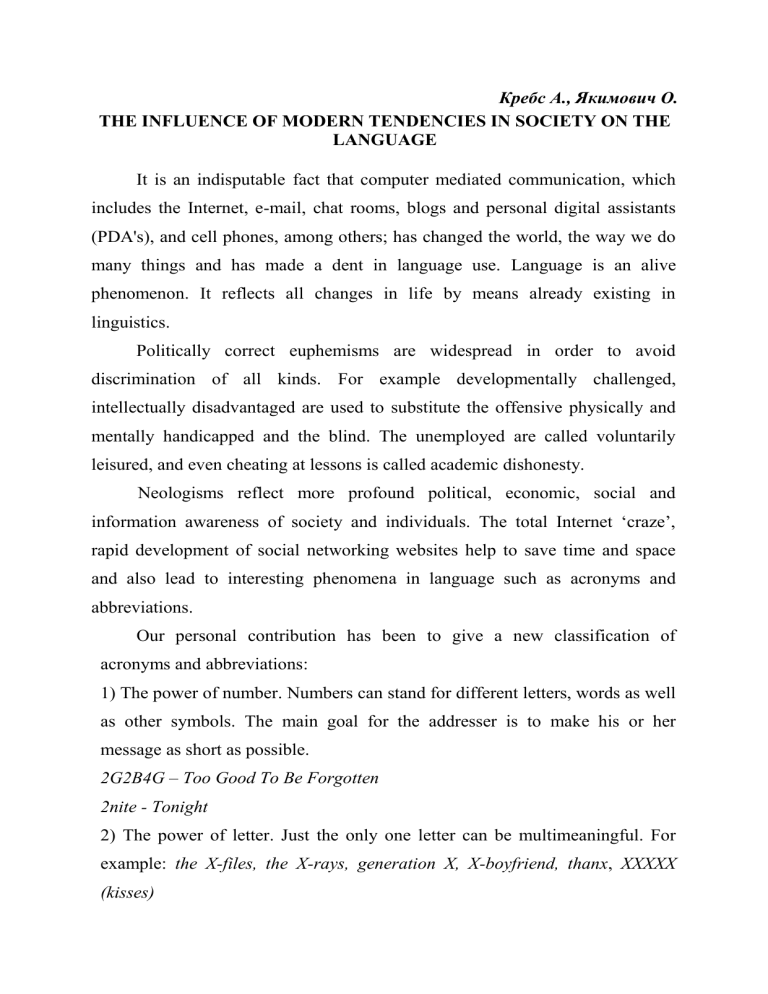
Кребс А., Якимович О.
THE INFLUENCE OF MODERN TENDENCIES IN SOCIETY ON THE
LANGUAGE
It is an indisputable fact that computer mediated communication, which includes the Internet, e-mail, chat rooms, blogs and personal digital assistants
(PDA's), and cell phones, among others; has changed the world, the way we do many things and has made a dent in language use. Language is an alive phenomenon. It reflects all changes in life by means already existing in linguistics.
Politically correct euphemisms are widespread in order to avoid discrimination of all kinds. For example developmentally challenged, intellectually disadvantaged are used to substitute the offensive physically and mentally handicapped and the blind. The unemployed are called voluntarily leisured, and even cheating at lessons is called academic dishonesty.
Neologisms reflect more profound political, economic, social and information awareness of society and individuals. The total Internet ‘craze’, rapid development of social networking websites help to save time and space and also lead to interesting phenomena in language such as acronyms and abbreviations.
Our personal contribution has been to give a new classification of acronyms and abbreviations:
1) The power of number. Numbers can stand for different letters, words as well as other symbols. The main goal for the addresser is to make his or her message as short as possible.
2G2B4G – Too Good To Be Forgotten
2nite - Tonight
2) The power of letter. Just the only one letter can be multimeaningful. For example: the X-files, the X-rays, generation X, X-boyfriend, thanx , XXXXX
(kisses)
3) Old acronyms and abbreviations are acquiring new meanings.
CD: 1) Compact Disc 2) Certificate of Deposit
3) Canadian Dollar 4) Corps Diplomatique
4) There are a lot of brand-new and phonetic acronyms and abbreviations in the language. They are fashionable in journalistic style and in social networking:
POTUS (President of the United States), FLOTUS (First Lady of the United
States), ICQ (I Seek You), IOU (I Owe You), FAQ (Frequently Asked Questions)
Computer-mediated communication has started a silent revolution that may have profound linguistic impact. These changes may affect all languages, in general, but English in particular. This is an age of change and human society is moving at a pace that is definitely quicker than previous historic periods.
Technology is an unavoidable reality. It causes the language alteration.
Notwithstanding the slightly negative attitude of some social groups or individuals towards those changes in the language, awareness and usage of acronyms and abbreviations alongside with PCE and neologisms are necessary for effective communication. The changes are mostly emerging in the linguistic behaviour of teenagers and young people who are a segment of population, that is most impacted by modern tendencies in society. As long as it carries a certain degree of ‘fashionalism’, they cannot give an adequate evaluation of these notions for the moment being.
The data collected allow the research to conclude that:
1.
The language reflects the modern tendencies in society so rapidly that we have to involve electronic mass media even to understand one another.
2.
To evaluate whether these changes in the language happen for the better or for the worse needs a longer run.
References and Literature
1.
Палажченко П.Р. I П.Р. Палажченко. Мой несистематический словарь.
Из записной книжки переводчика. В 2-х тт. 2-е изд., испр. - М.:
«Р.Валент», 2008, 2009. - 304 с., 248 с.
2.
Слепович В.С. I В.С. Слепович. Курс перевода (английский - русский) =
Translation Course (Еnglish- Russian) : учебник для студентов высших учебных заведений по специальности «Мировая экономика» / - 8-е изд., испр. и доп. - Минск : ТетраСистемс, 2009. - 320 с.
3.
Харитончик З.А. I З.А. Харитончик. Очерки о языке. Теория номинации.
Лексическая семантика. Словообразование: Избр. труды. -Мн., МГЛУ,
2004. -367 с.
4.
Crystal, David / David Crystal.
Language and the Internet / Cambridge University
Рress, 2006
5.
Merriam Webster Dictionary. Online dictionary available at http: // www. merriam-webster.com
